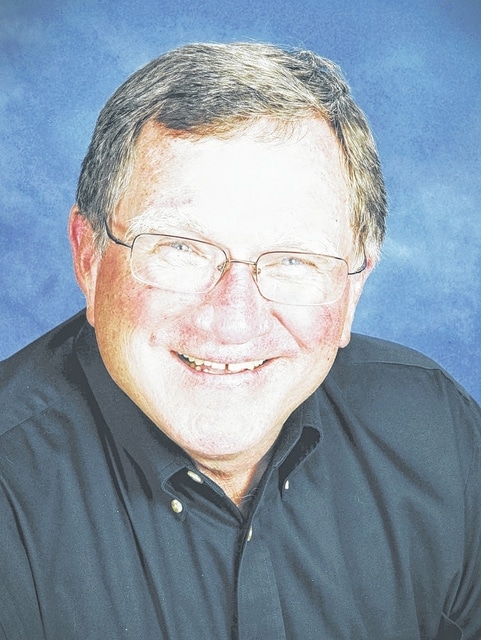
Hopefully, if everything went as expected, electoral college members met in each state’s capital yesterday and cast their official votes for President of the United States. If so, and barring any major electoral upheaval, at long last, the election is over. Donald Trump is officially going to be our next president.
Regardless of how you feel about “The Donald”, the process, as designed by the framers of the Constitution, worked. Many people are not happy with the way the process worked, but the process worked. The results are now final.
Here’s a news flash … we are not a democracy. That’s right. The United States of America is not a democracy. We are a republic. We remind ourselves of this fact every time we recite the Pledge of Allegiance: “I pledge allegiance to the Flag of the United States of America, and to the Republic for which it stands, one Nation under God, indivisible, with liberty and justice for all.” Many people tend to use the terms “democracy” and “republic” interchangeably. They may be close, but there is a huge difference.
In a true democracy, each citizen gets to vote on everything. Every vote is counted once and the majority rules. Many political scientists describe this, quite bluntly, as mob rule. In a true democracy, the rights of the majority always rule and the rights of the individual become secondary.
In a true republic, as designed by the framers of our Constitution and the amendments that followed, the rights of every single individual are protected. In this way, we are all represented yet still protected. This is an important distinction.
A true democracy has been described as two wolves and one sheep voting on what to have for dinner. Under the rules and laws of a democracy, the sheep has no protection. Guess what’s for dinner? However, in a republic, such as ours, the two wolves cannot vote to eat the sheep because the rights of the sheep are carefully protected under the law.
In the late 1700s, understanding that no form of government was perfect, our founding fathers combined the best of both a democratic and republican form of government. Our founding fathers, the framers of our Constitution, created a representative republic. Those who serve in the legislative branch of our federal government (the Senate and the House of Representatives) are democratically elected within each individual state. Once they are elected in their home state, they are then required to vote for things on our behalf.
So, our government is a mixture. At the state level, we operate more as a democracy. At the federal level, we operate more as a republic, where other people vote on our behalf. Even though the states operate more as a democracy, the states cannot pass laws that infringe on the individual, personal rights of each citizen. Our individual rights are protected by the constitution. That keeps the wolves from having sheep for dinner.
A lot of people have been very critical of the electoral college lately. I think that’s a bit unfair. The electoral college was specifically designed to protect the smaller of the states. Today, if the vote was based solely on population, the twelve most populated states could determine who would be the President of the other 38 states. In reality, the large cities in those highly populated states could rule the entire country.
The electoral college was specifically designed to protect the rights of all the states – large and small. The number of electoral college votes equals the number of congressmen and senators serving us in Washington, DC. The number of senators is equal to two senators per state (100 total) and the other 438 electoral votes are based on population. This way the rights of the majority and minority are both protected. It’s not perfect. As we just saw, Hillary received more popular votes, but Trump received more electoral votes. Trump wins.
So, if everything went as planned yesterday, Donald Trump is now officially the President-Elect.
There has been some talk about electors “going rogue” or being “faithless electors.” That would mean that they would vote on a candidate other than the candidate who won their state. This has happened in the past. It probably happened yesterday. At least one member of the electoral college has already stated that he would change his vote. It’s rare. It happens, but :faithless electors” have never changed the outcome of an election.
So, bottom line, it’s over. The election of 2016 is in the books.
Let’s move on. Let us, as a nation, work together to assure that our republic, as mentioned in our Pledge of Allegiance, will continue to stand; will continue to provide us with liberty and justice; and, will continue to represent us, to the rest of the world, as the best form of government ever established.
God Bless America.
Randy Riley is President of Council of Wilmington.


